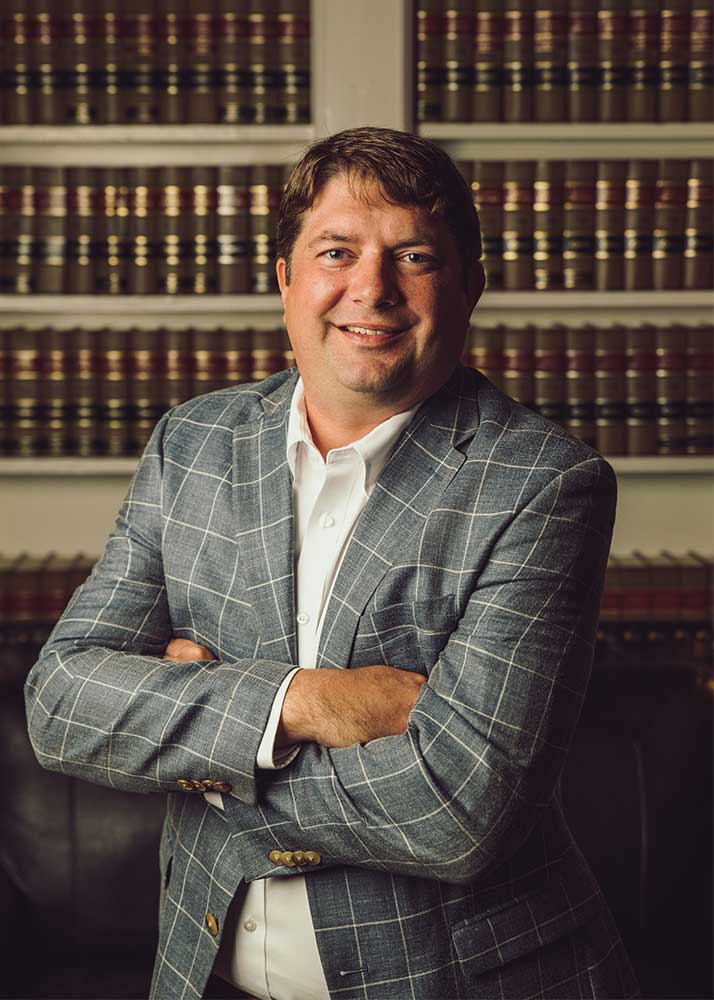What Are Noneconomic Damages?
Most people have heard of “pain and suffering,” but what is it, exactly?
It is just one of many kinds of noneconomic damages that may be sought in a personal injury lawsuit in South Carolina. Noneconomic damages are distinct from economic damages and punitive damages, which are other types of damages a plaintiff may seek.
Let’s look more closely at what noneconomic damages are and how they’re determined.
What Makes Noneconomic Damages Different
Punitive damages are intended to punish the party at fault and deter similar behavior in the future. By contrast, noneconomic damages and economic damages are intended to compensate and “make whole” the injured party. They do this in different ways.
Economic damages, or special damages, compensate for expenses paid or losses incurred by the injured party, such as medical bills or lost wages.
Noneconomic damages, or general damages, are different because they make the plaintiff whole by providing compensation for damages that aren’t financial in nature. Rather, the injuries are emotional, psychological, and mental in nature.
What Noneconomic Damages Are Available in South Carolina?
South Carolina code lists exactly what types of noneconomic damages can be sought in the state:
- Pain
- Suffering
- Inconvenience
- Physical impairment
- Disfigurement
- Mental anguish
- Emotional distress
- Loss of society and companionship
- Loss of consortium
- Injury to reputation
- Humiliation
- Other nonpecuniary damages
And “any other theory of damages including, but not limited to, fear of loss, illness, or injury.”
Note that loss of consortium is typically brought by a spouse, child, or other close family member of the party who has been severely injured or killed rather than the party themselves. This is to compensate for their loss of companionship, support, affection, and so on after the accident.
How Are Noneconomic Damages Determined?
For personal injury cases that go to trial, the judge and jury determine the amount. For those that settle out of court (the vast majority), insurance companies have two common ways to calculate the amount of noneconomic damages. One is the multiplier method, where the amount of medical bills and related care is multiplied by a number 1-5. Generally, the higher the multiplier number, the more severe the injuries. The other is the per diem method, where the number of days of suffering before full recovery is multiplied by your daily wage or some other relevant number.
In South Carolina, there is no cap on noneconomic damages, except in medical malpractice cases where state law limits it to $350,000 per claimant.
Contact the Personal Injury Attorneys at The Carolina Law Group
Have you been injured in a slip and fall accident, motor vehicle accident, or other accident that wasn’t your fault? If so, contact the personal injury attorneys at The Carolina Law Group. They can explain your options and build a strong case for you while you focus on recovering after your injury. Call one of the numbers below to schedule a free consultation to discuss your case.
The Carolina Law Group has three offices in upstate South Carolina for your convenience: Greenville (principal office; call 864.312.4444), Greer (principal office; call 864.757.5555), and Spartanburg (principal office; call 864.757.5555). Call today




